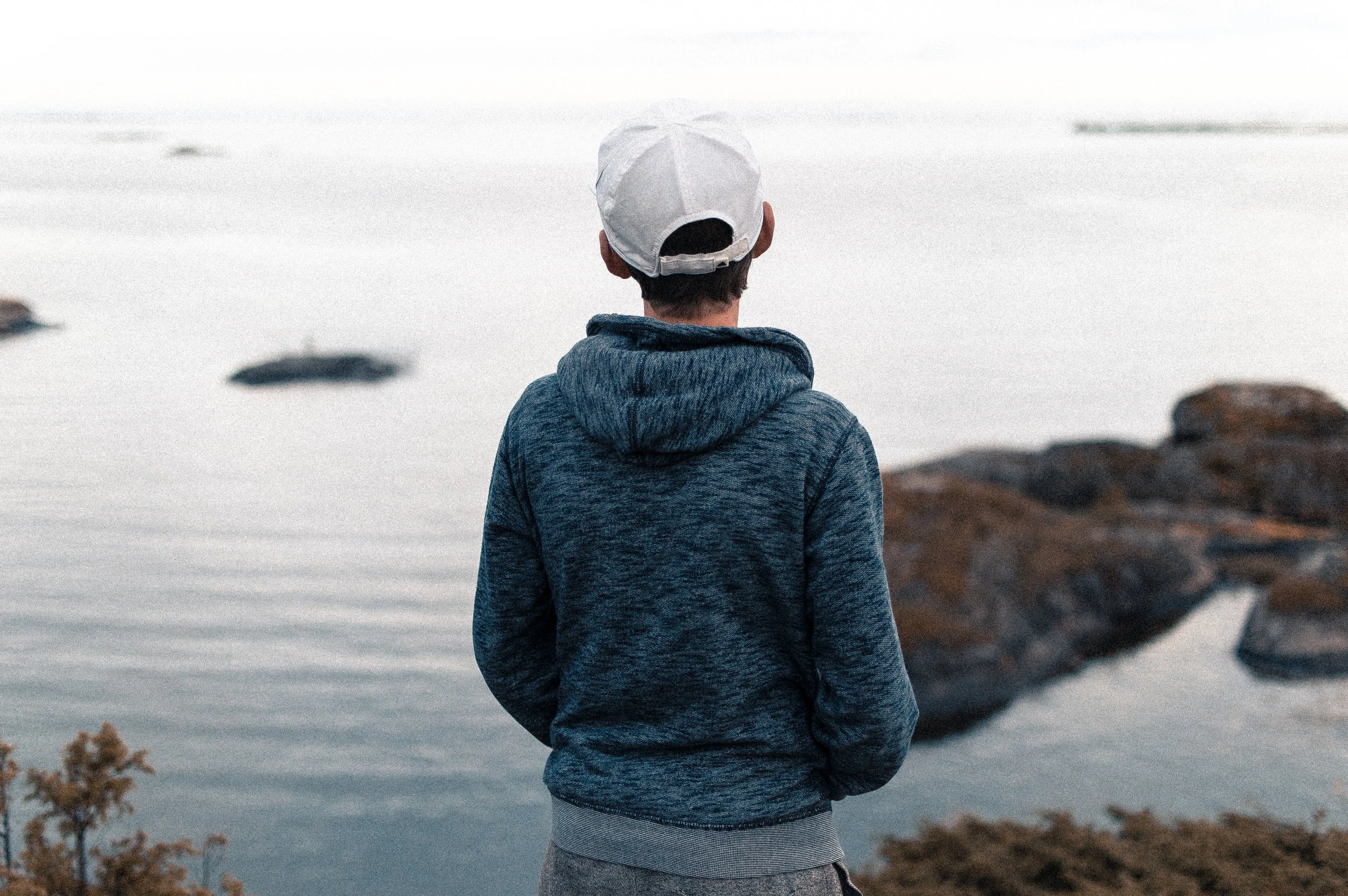Routine strip searching involves forcing children as young as ten to remove their clothing in front of adult prison guards on a regular basis.
Read MoreEveryone deserves to be safe in the face of COVID-19, but immigration detention facilities in Australia are creating unacceptable health risks.
Read MoreSolitary confinement is a cruel practice that causes irreparable harm to the people who are subjected to this form of physical and sensory isolation. Governments must ban the archaic and inhumane use of solitary confinement in Australian prisons.
Read MoreAustralia and the world face a public health emergency in coronavirus (COVID-19), but little has been said about the people in our prisons and youth detention centres.
Read MoreIn response to the COVID-19 public health emergency, most states across Australia declared a state of emergency and brought in new laws imposing severe restrictions on civil liberties and an increase in policing powers.
Read MoreThe Victorian Government is requiring people in Melbourne and the Mitchell Shire to wear a face covering or mask when leaving their home to help stop the spread of COVID-19. This explainer seeks to debunk claims that the requirement breaches people’s human rights.
Read MoreSilent prayer outside abortion clinics can be particularly harmful to women trying to access healthcare. The objects of the Health Care (Safe Access) Amendment Bill 2020 (SA) (‘the Bill’) would be completely undermined by an amendment that authorises silent prayer within a health access zone, by allowing anti-abortion activists to invade the privacy and threaten the wellbeing of patients seeking abortion care.
Read MoreWhile politicians say that police are committed to taking a "sensible approach", history has shown that too often marginalised groups are disproportionately punished through an expansion of policing powers. In particular, people living with a disability, women escaping family violence and those experiencing homelessness may be hardest hit. In addition, increased powers - and police discretion - open the way for racialised and discriminatory policing, too often experienced by Aboriginal and Torres Strait Islander people.
Read MoreThe Human Rights Law Centre works with international NGOs to highlight the human rights challenges presented by COVID-19 globally and to ensure that UN human rights mechanisms, such as Human Rights Council and Special Procedures, can support countries like Australia in implementing human rights based responses to COVID-19, and hold them to account when they fail to do so.
Read MoreFor over two years, safe access zone laws in Victoria have prevented harm to women seeking abortion care and staff providing those services. During this time, one woman, Ms Clubb, was charged and convicted with engaging in prohibited behaviour in a zone. The HRLC has been granted permission from the High Court to provide submissions as “a friend of the court”.
Read MoreAcross Australia the age of criminal responsibility is set at 10 years. The age of criminal responsibility is the age a child is considered capable of understanding they have done something wrong and can be dealt with in the criminal justice system. All Australian Governments should raise the age of criminal responsibility because it is the right thing to do, because it is evidence-based, and because the recommendations of the NT Royal Commission present a rare opportunity to embrace this change.
Read MoreIn December 2017, the Government introduced the Electoral Legislation Amendment (Electoral Funding and Disclosure Reform) Bill into Parliament. The Bill imposes financial controls and compliance measures on organisations and individuals in Australia that incur expenditure to contribute to public debate on policy or government issues.
Read MoreAustralian Governments must prohibit the solitary confinement of children in detention and closely regulate practices that can result in the forced isolation or segregation of a child. So what is solitary confinement?
Read MoreIn August 2017, Senator Dean Smith publicly released the Marriage Amendment (Definition and Religious Freedoms) Bill 2017. Find out what the Bill means for marriage equality in Australia.
Read MoreThe postal survey on marriage equality is now underway. New laws have been put in place to try to ensure respectful debate. Here's what you need to know about how they impact on you.
Read MoreCurrently transgender young people can only access cross sex hormones (Stage 2 treatment) for ‘gender dysphoria’ if they have approval from the Family Court.
Read MoreThe Human Rights Law Centre has produced a series of fact sheets that outline human rights obligations relevant to domestic violence.
Read MoreIn August 2010, the UN Committee on the Elimination of Racial Discrimination reviewed Australia’s compliance with its international legal obligations to respect, protect and promote the human right to equality and freedom from racial discrimination. An NGO coalition, comprising the Human Rights Law Resource Centre, the National Association of Community Legal Centres and the Foundation for Aboriginal and Islander Research Action, briefed the committee in Geneva, presented a major NGO Report, and provided the following Fact Sheets on Australia's compliance with the Convention on the Elimination of All Forms of Racial Discrimination:
Read More

















